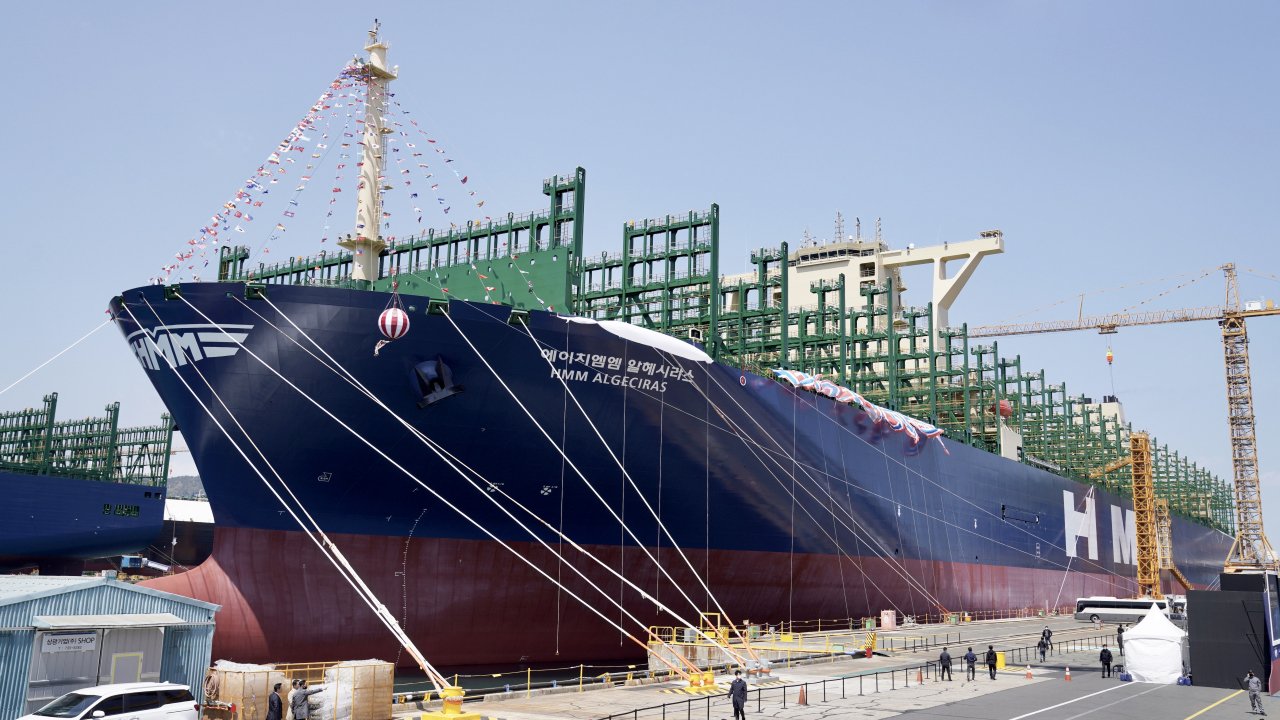This is the first investment Nestlé has made from its $260 million packaging venture fund established earlier this year, and part of its broader $2.1 billion initiative to shift away from virgin plastics.
Two years ago, Nestlé promised it would make all of its packaging recyclable or reusable, and aim to reduce its use of virgin plastic by a third by 2025. However, this promise has been slow to materialize. A recent Greenpeace report found CPG companies haven’t shown significant progress on sustainability goals, and Nestlé was found to be one of the worst plastic polluters in North and South America.
Nestlé used 1.7 million metric tons of plastic packaging in 2018, according to the company’s website. Globally, the company currently consumes just 2% recycled plastic, though usage is slightly higher for PET water bottles, which have 5% recycled content.
However, Nestlé isn’t the only corporation culpable of generating plastic waste nor is it solely responsible for the problem in the United States.
According to the Environmental Protection Agency, the U.S. recycling rate for all materials is around 25%. When it comes to plastic, those numbers become worse. Only 14.6% of plastic containers and packaging generated in 2015 were recycled, according to the agency. Since 1950, only 9% of all plastic has been recycled, according to a study by the Center for International Environmental Law.
But consumer interest in sustainable packaging is growing. About 66% of consumers said they would pay more for products from brands committed to environmentally friendly practices, according to the Nielsen Global Corporate Sustainability Report.
Nestlé is using its investment in Closed Loop to assure a supply of sustainable packaging as demand for food-grade recycled plastic increases. In the press release, the company specifically called out its Coffee Mate, Starbucks creamers, Stouffer’s entrees and its bottled water portfolio as brands where this investment can make an impact.
Closed Loop is turning into a major organization itself through strategic acquisitions and initiatives during the last several years. The company acquired an 80% stake in Balcones Resources last fall to promote vertically-integrated recycling and waste management.
Similarly, Closed Loop became part of the “U.S. Plastics Pact,” a group of public and private stakeholders that launched a high-profile plastics initiative. Its goals include ensuring all plastic packaging is 100% reusable, recyclable, or compostable across the United States by 2025.
Nestlé’s investment in Closed Loop marks a meaningful step in the direction of integrating more recycled material into its manufacturing. This large investment has the capability to make Nestlé a leader when it comes to the development and use of sustainable packaging alternatives. It also will go a long way toward helping the company achieve its pledged sustainability goals and perhaps remove itself from Greenpeace’s list of worst offenders.













